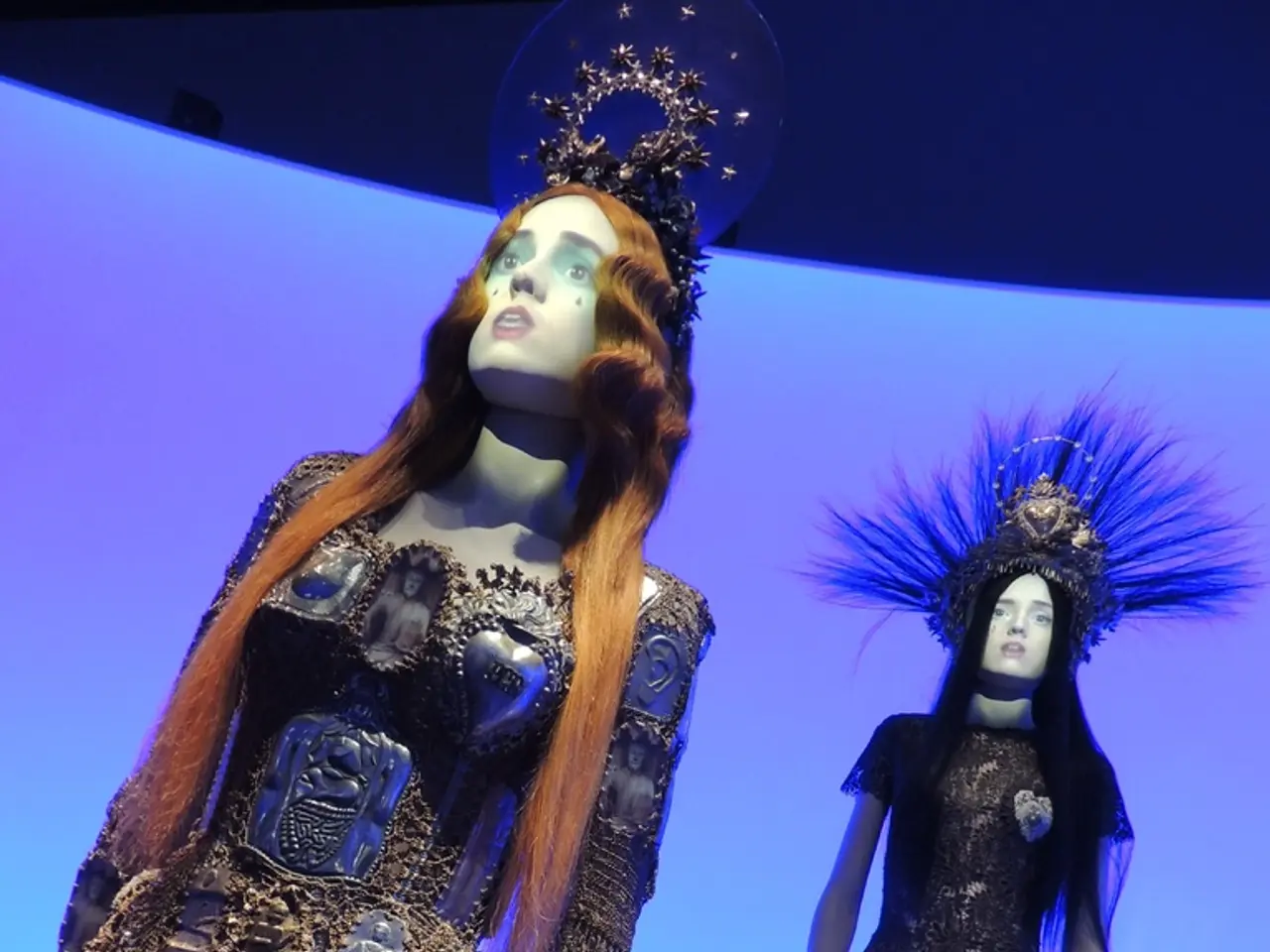Conviction of Sean 'Diddy' Combs under the Mann Act, a 1910 law pertaining to interstate prostitution, explained.
The Mann Act, enacted in 1910 to combat human trafficking and prostitution, has been a subject of controversy over the years, particularly due to its perceived racial bias and high-profile cases.
Historically, the Mann Act has been criticized for racially biased enforcement, disproportionately targeting people of colour, especially Black and Latino communities. This bias mirrors broader patterns within the U.S. criminal justice system, where racial profiling and selective enforcement are well-documented issues. Although specific Mann Act racial bias statistics are not detailed, data suggests that law enforcement agencies have frequently used minor infractions as pretexts to stop, search, and charge minorities at disproportionate rates, contributing to significant racial disparities in incarceration and criminal charges.
In recent times, the Mann Act has surfaced in high-profile legal cases involving celebrities such as Sean 'Diddy' Combs and R. Kelly, as well as in the prosecution of figures like Ghislaine Maxwell.
Sean 'Diddy' Combs and R. Kelly faced serious legal scrutiny including charges related to sexual misconduct and abuse. The Mann Act or similar laws concerning interstate transportation for illicit purposes have been discussed or applied in the context of their trials, highlighting the use of the law in prosecuting figures involved in alleged sex trafficking or exploitation cases.
Ghislaine Maxwell was convicted for her role in Jeffrey Epstein’s sex trafficking operation, where the Mann Act's parameters closely align with the nature of the offenses she was charged with—transporting individuals across state lines for illegal sexual activities.
These cases exemplify how the Mann Act has been applied in contemporary legal proceedings, often bringing significant media attention and public debate on its scope and enforcement fairness.
Sean 'Diddy' Combs was acquitted of the most serious charges in his sex trafficking and racketeering conspiracy trial. However, his attorneys claimed that no White person had faced a similar prosecution under the Mann Act. In response, prosecutors denied allegations of racism, stating that most of Combs' accusers are people of colour.
Maxwell was also found guilty of charges including sex trafficking of a minor and three other charges relating to conspiracy. Her conviction has led to a 20-year prison sentence, while R. Kelly was also convicted in 2021 of violations of the Mann Act and one charge of racketeering.
The dual legacy of racial bias and high-profile application continues to fuel debates around the Act’s fairness and the systemic issues in the U.S. criminal justice system. It is crucial to address these concerns and strive for a justice system that is fair and equitable for all.
- Celebrities like Sean 'Diddy' Combs and R. Kelly have faced legal scrutiny involving the Mann Act, a law concerning interstate transportation for illicit purposes, due to charges of sexual misconduct and abuse.
- Martha Stewart and Scooter Braun, both media personalities, have publicly spoken out against the racial bias in the enforcement of the Mann Act, which has been disproportionately used against people of color.
- In the general news and policy-and-legislation spheres, discussions on reforming the Mann Act to help curb the historically biased law's application and achieve a fairer criminal justice system have gained momentum.








